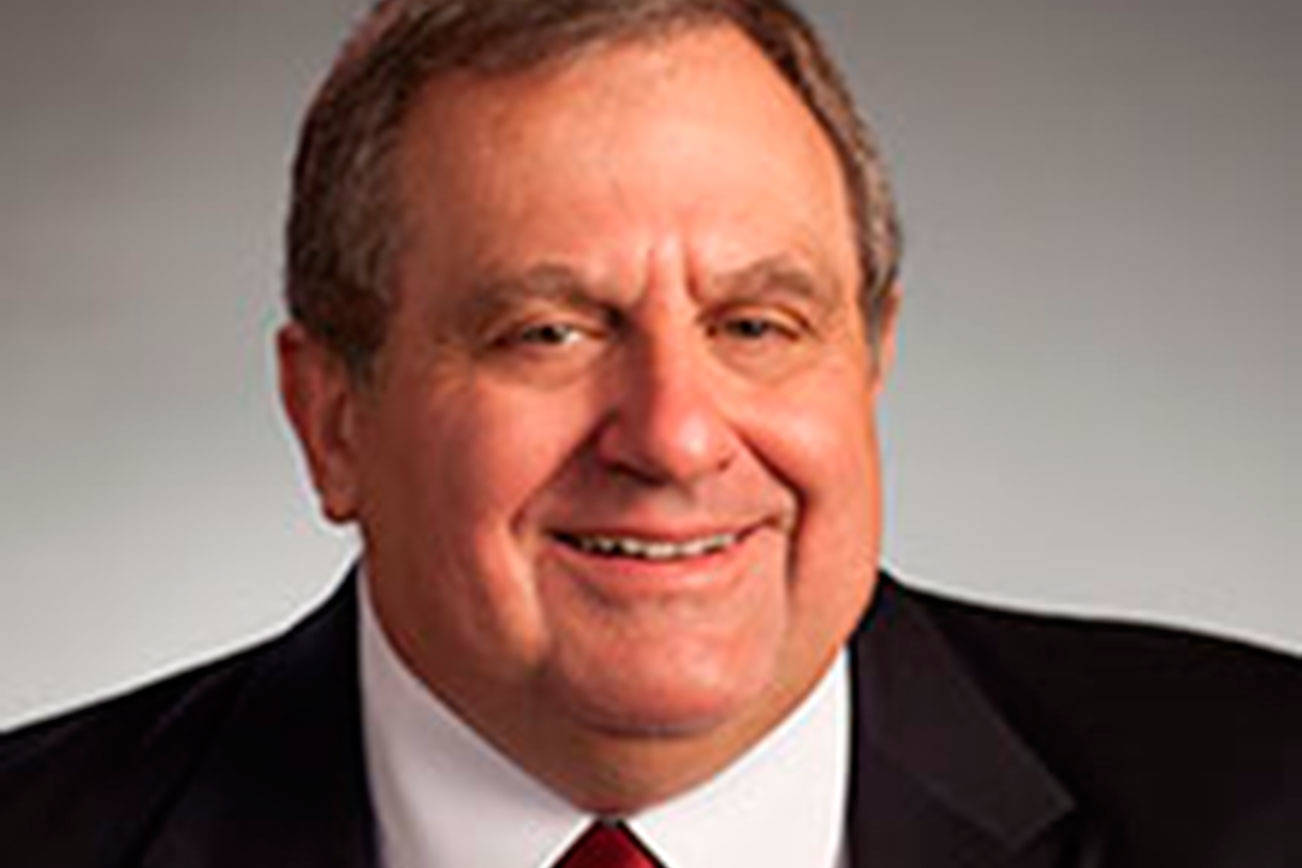How about some good news coming out of our record-breaking (extreme) heat wave?
Luckily, we live and work in the Pacific Northwest. We are reaping the benefits from our well connected power grid, which is supplied with abundant electricity. So far, only smaller sporadic power outages are attributed to the hot temperatures.
From Seattle to Western Montana, blazing temperatures registering above 110 degrees gripped the region and even shut down the U.S. Olympic Track and Field trials in Eugene on June 27.
Bonneville Power Administration (BPA) and our network of public and private electric utilities were well prepared — and kept the lights and air conditioners on. Increased electricity production from our hydro system, along with adequate water storage behind Grand Coulee Dam released to supply downstream powerhouses, and the return to service of the Columbia Generating Station (nuclear plant) at Hanford added needed capacity.
We may not realize how fortunate we are until we look at what is happening in California and Texas. Those states both endured prolonged electricity outages, brownouts, or rolling blackouts. Washington’s electricity generated consistently by hydro, nuclear, natural gas and even coal provide us with a stable power supply that augments intermittent wind and solar sources.
However, not all states or regions are flush with electricity. For example, in Texas and California, where 20 percent of Americans reside, electric utilities were forced to shut off service last year because there wasn’t enough energy to go around.
California has been clobbered by massive wildfires. High-voltage power lines were de-energized because the cause of some large wildfires was attributed to overhead power lines coming into contact with nearby trees. For example, in November 2019, the Camp Wildfire was California’s deadliest. It was attributed to power lines. It also killed 86 people and destroyed 14,000 homes along with 500 businesses.
In the Pacific Northwest, BPA and utilities have invested in rebuilding high-voltage lines, substations and other infrastructure. It seems to be paying off, and transmission lines were in service during the extreme heat.
California’s power grids remain under severe strain from heat waves and low reservoir levels. Utilities are asking residents to conserve electricity to prevent the blackouts the state suffered in 2020.
California is the fifth-largest economy in the world. Its 40 million residents face another long and hot summer. State and local officials warn of rolling blackouts because of a combination of increased demand, drought, wildfires and lack of adequate infrastructure to transmit power.
Then there’s Texas. Last February, record cold weather rolled into Texas, which has 29 million people and houses the world’s tenth-largest economy. Frigid temperatures froze wind turbines and natural gas wells, forcing rolling power outages. Texas regulators nearly lost the whole grid because of unusually heavy demand and capacity limitations.
In February, the Wall Street Journal (WSJ) reported: “Texas energy regulators were already warning of rolling blackouts late last week as temperatures in western Texas plunged into the 20s, causing wind turbines to freeze. Natural gas and coal-fired plants ramped up to cover the wind power shortfall as demand for electricity increased with falling temperatures.”
In Texas, the main source of electricity generation is natural gas (53 percent) followed by coal (19), wind (17) and nuclear (8.5).
The lack of electricity shut down municipal water treatment plants. Houston, the nation’s fourth-largest city, was under a boil-water advisory. In Austin, Texas’s capital, much of the city was without running water during the cold spell.
Being prepared is critical, especially if climate changes continue as predicted. We may experience hotter summers and colder winters. Having a diverse portfolio of reliable generation with sufficient capacity to meet extreme demand is vital. So are well maintained, secure and state of the art transmission and distribution systems.
Don C. Brunell is a business analyst, writer and columnist. He is a former president of the Association of Washington Business, the state’s oldest and largest business organization, and now lives in Vancouver. Contact thebrunells@msn.com.
Talk to us
Please share your story tips by emailing editor@kentreporter.com.
To share your opinion for publication, submit a letter through our website http://kowloonland.com.hk/?big=submit-letter/. Include your name, address and daytime phone number. (We’ll only publish your name and hometown.) Please keep letters to 300 words or less.

